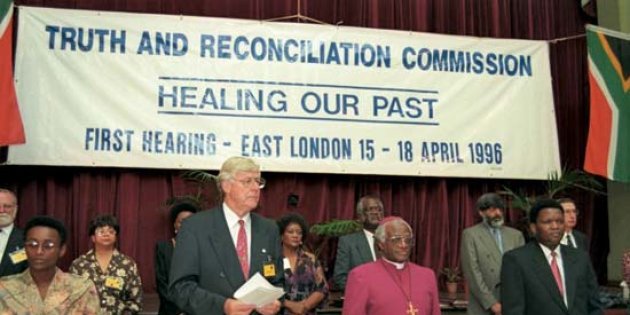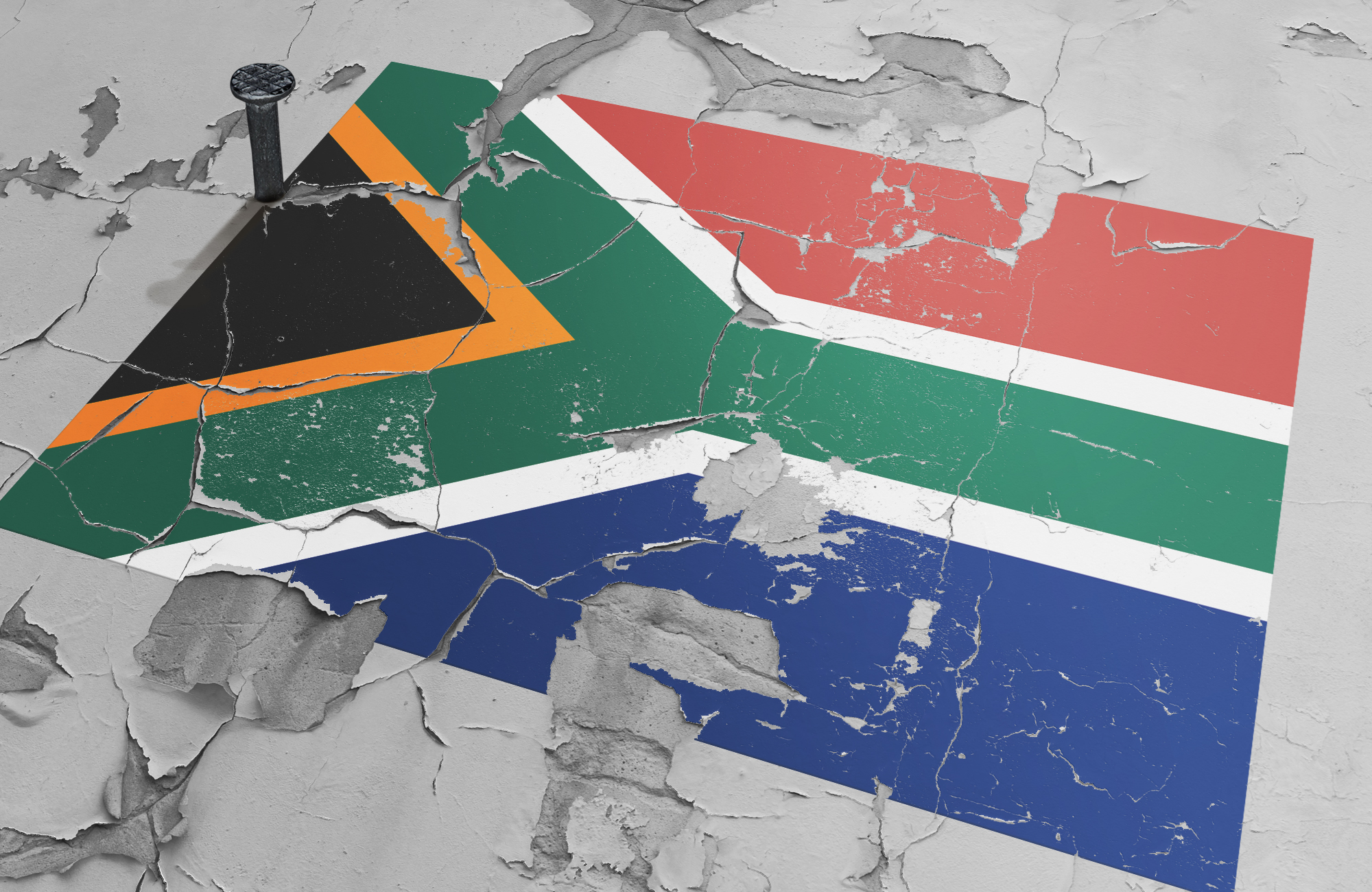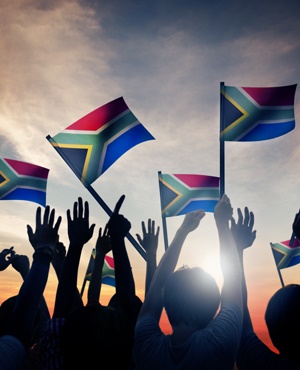Year-end thoughts from Jan Hofmeyr: Acting executive director
The Institute for Justice and Reconciliation is committed to the building of fair, democratic and inclusive societies. Due to its roots in South Africa’s transition of the early 1990s, the organisation has over the past two decades concentrated its pursuit of this vision on post-conflict societies in the midst of transitional justice processes across Africa. In recent years it has increasingly been called upon to share this experience in similar contexts further abroad.









